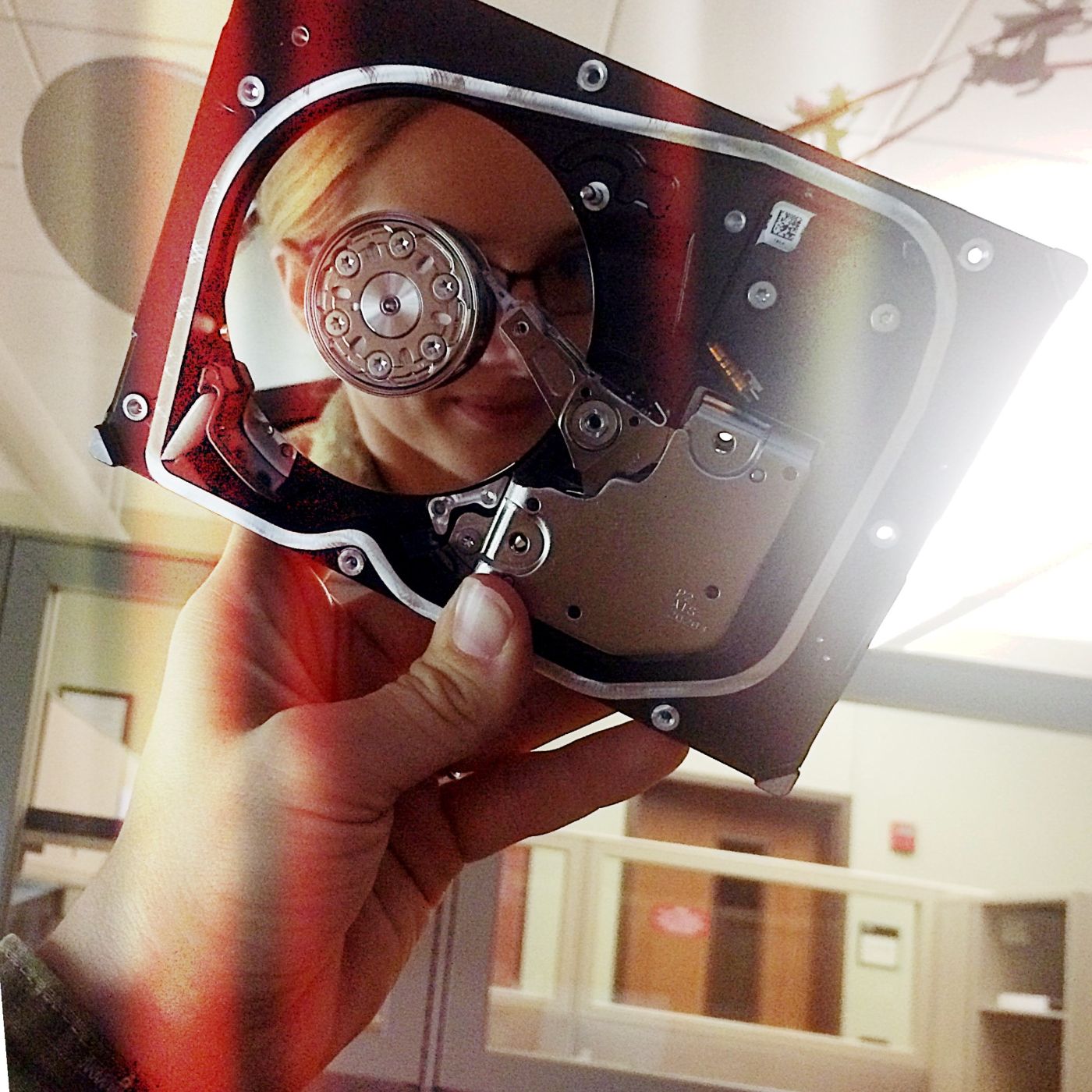276 reads
How One Math Major's Journey Led to a Career in Data Science
by
April 14th, 2023
Audio Presented by

A Data Scientist applying machine learning to IoT; building www.DataLabNotes.com as a resource for new Data Scientists!
About Author
A Data Scientist applying machine learning to IoT; building www.DataLabNotes.com as a resource for new Data Scientists!
